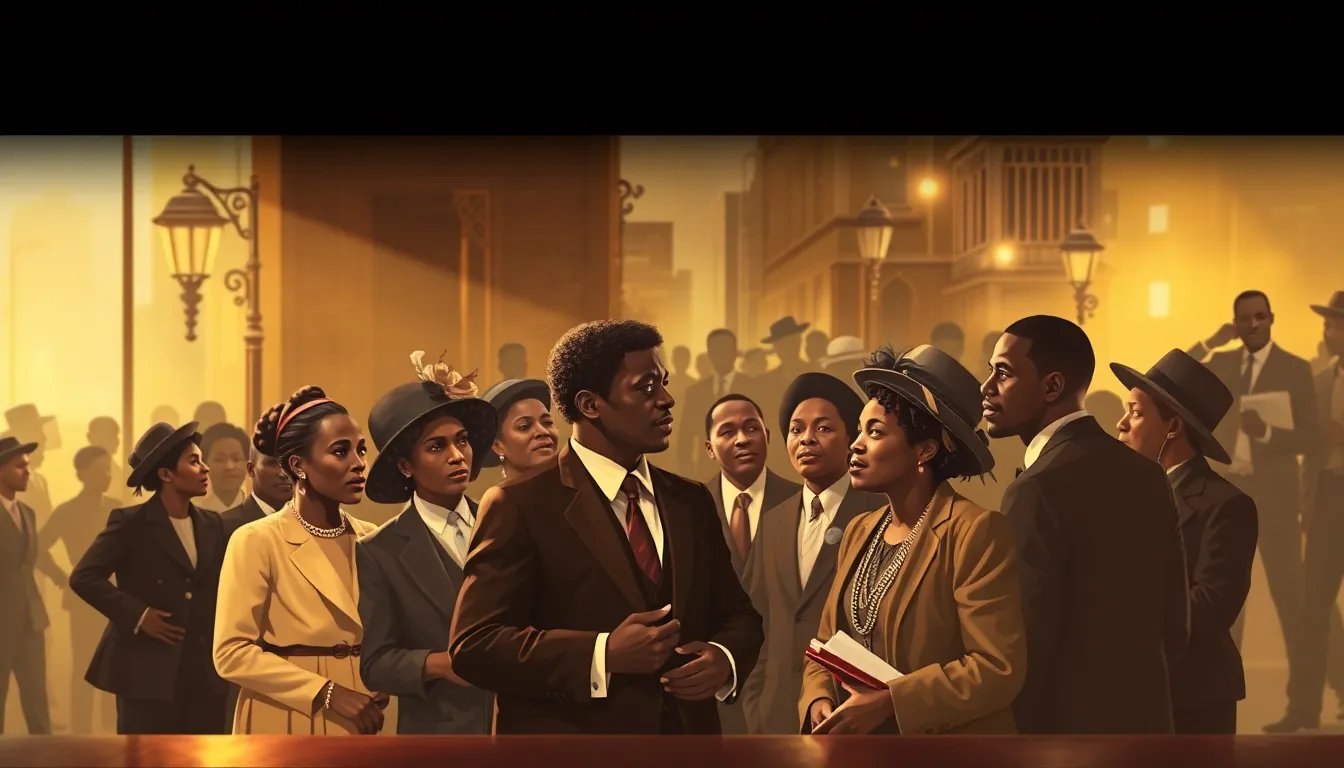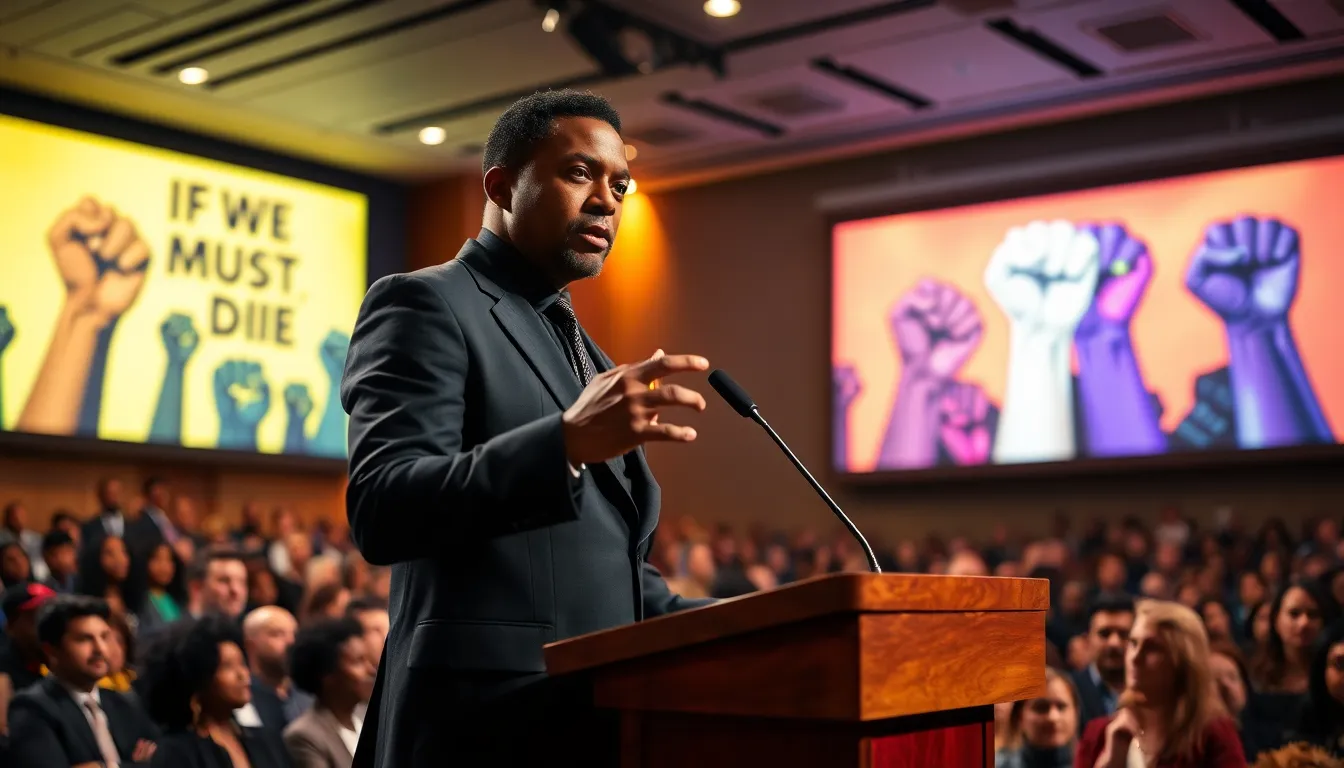Claude McKay’s poem If We Must Die isn’t just another piece of literature buried in a dusty old tome. It’s a rallying cry that reverberates through time, calling for dignity in the face of oppression. Imagine a world where every obstacle faced by a community transforms into a springboard for resistance. Pretty powerful, right? This piece dives into the depths of McKay’s words, exploring historical context, poetic techniques, and the unmistakable call for unity. So, grab your coffee (or tea, if that’s your jam), and let’s investigate into the whirlwind of emotion that is this poem.
Table of Contents
Historical Context of the Poem

Written during the Harlem Renaissance, If We Must Die emerged in a time when African Americans faced rampant discrimination and violence. The 1920s were turbulent: racial tensions were palpable, and events like the Detroit Race Riot of 1943 loom large. McKay, a Jamaican immigrant, witnessed these realities and channeled his experiences into his work. This poem stands as a testament to resilience amid the chaos, highlighting the struggle for racial justice and identity. The artistic climate of the Harlem Renaissance spurred many artists, McKay included, to challenge the status quo, making this poem a crucial element in understanding the cultural and historical fabric of its time.
Claude McKay: Poet and His Influence
Claude McKay isn’t just a name: he’s a force in American literature. His work pushed boundaries and broke stereotypes, giving voice to the struggles and aspirations of African Americans. Born in Jamaica in 1889, McKay’s journey across continents is as compelling as his poetry. His experiences shaped his worldview, leading him to craft works that resonated with many. Beyond If We Must Die, his contributions to the Harlem Renaissance expanded the landscape of African American literature. McKay’s bold themes and unique style influenced countless poets, making him a cornerstone every literature enthusiast should explore.
Main Themes Explored in the Poem
McKay’s If We Must Die embodies multiple themes, each intricately woven into the fabric of the poem.
Imagery and Symbolism in If We Must Die
Imagery plays a powerful role in this poem. McKay uses vivid language to paint scenes of struggle and resistance. When he refers to ‘hounds’ and ‘murderous’ enemies, he establishes a stark contrast between the oppressor and the oppressed. These symbols resonate deeply, creating a sense of urgency and fear yet underscoring the need for dignity even in death.
Tone and Mood Analysis
The tone of If We Must Die strikes a balance between defiance and despair. From the outset, the speaker invokes a sense of pride, declaring that if death is imminent, it should come with honor. This mood transforms throughout the poem, oscillating between anger at injustice and a rallying cry for action. It mirrors the emotional landscape of those oppressed, making it relatable and poignant.
The Call to Resistance and Unity
At its core, If We Must Die serves as a clarion call for unity among those who suffer under oppression. McKay’s relentless pursuit of dignity inspires camaraderie among the oppressed. In a world where division often reigns, his message is a reminder of the strength found in collective action. He beckons individuals to stand together, facing their adversaries with courage. This theme of unity transcends time, resonating powerfully with modern movements advocating for social justice and equality, from Black Lives Matter to protests against systemic discrimination.
Viewing the Poem in Modern Context
Today, If We Must Die remains relevant, echoing in contemporary discussions surrounding race, justice, and identity. Its themes resonate in various spheres of activism, reminding us that the fight for equality is far from over. Many modern activists cite McKay’s work as a source of inspiration, harnessing his words to fuel their campaigns. As society grapples with ongoing issues of police brutality, systemic racism, and inequality, McKay’s verses serve not only as a historical artifact but also as a beacon of hope, urging people to unite against oppression.

